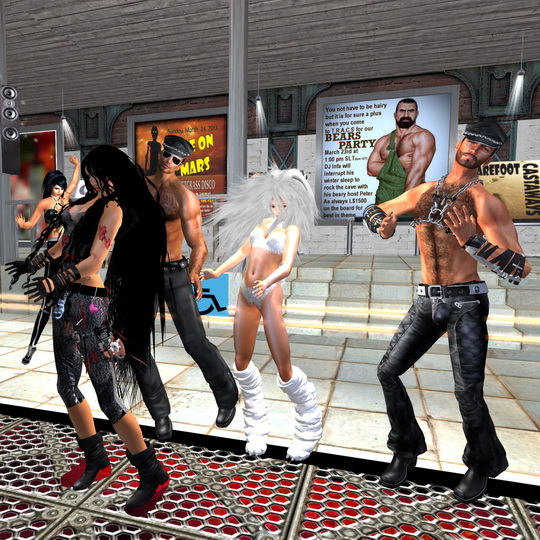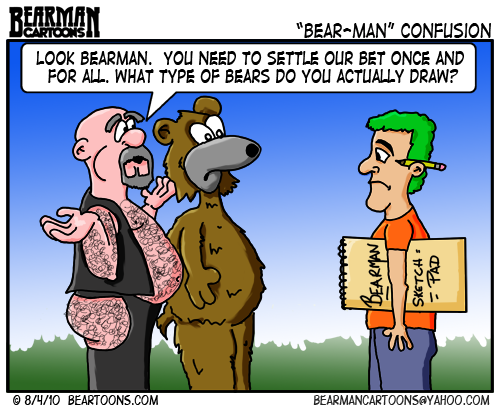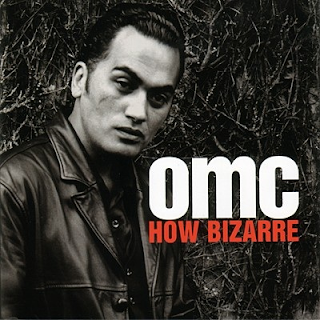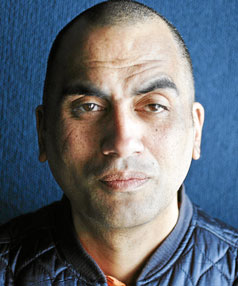It is still so cold in the Netherlands, even though it is almost April.
Kathryn Dawn Lang (born
Lang has won both Juno Awards and Grammy
Awards for her musical performances; hits include "Constant Craving"
and "Miss Chatelaine". She has contributed songs to movie soundtracks
and has teamed with musicians such as Roy Orbison, Tony Bennett, Elton John,
Anne Murray and Jane Siberry. Lang is also known for being a vegan as well as
an animal rights, gay rights, and Tibetan human rights activist.
 She performed Leonard Cohen's
"Hallelujah" live at the opening ceremony of the 2010 Winter Olympics
in
She performed Leonard Cohen's
"Hallelujah" live at the opening ceremony of the 2010 Winter Olympics
in
Lang, who came out as a lesbian in a 1992
article of the LGBT news magazine The Advocate, has championed gay rights
causes.
She has supported many causes over the
years, including HIV/AIDS care and research. Her cover of Cole Porter's
"So in Love" (from the Broadway musical, Kiss Me, Kate), appears on
the Red Hot + Blue compilation album and video from 1990 (a tribute to Cole
Porter to benefit AIDS research and relief). Her 2010 Greatest Hits album, Recollection,
also includes this cover of "So in Love". Lang also recorded the song
"Fado Hilario," singing in Portuguese, for the 1999 Red Hot AIDS
benefit album "Onda Sonora Lisbon Portugal
Watershed is the
fifth solo studio album by k.d. lang and was released on February 5, 2008. It
is her first collection of original material since 2000's Invincible Summer.
A limited edition
of the album was released in deluxe packaging which contained a bonus disc with
four live tracks and an interview. "I Dream of Spring" was the
album's first single, released on November 18, 2007.
k.d lang answered on the question; Who the "she"
is in this song? with:
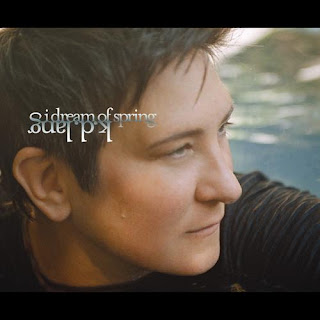 "It’s not
necessarily about a woman. It’s just about a love. It’s about a pure love that
makes you feel new life in you. Not necessarily about one particular person."
"It’s not
necessarily about a woman. It’s just about a love. It’s about a pure love that
makes you feel new life in you. Not necessarily about one particular person."
I Dream Of Spring lyrics
She arrives like
autumn in a rainstorm
The threat of
thunder above
I'll return from
the streets of Melbourne
I'll return my
love
This is world is
filled with frozen lovers
The sheets of
their beds are frightfully cold
And I've slept
there in the snow with others
Yet loved no
others before
[Chorus]
These cold dark
places
Places I've been
In cold dark
places
I dream of spring
This world is
filled frozen lovers
The sheets of their
beds are frightfully cold
And I've slept
there in the snow with others
Yet loved no
others before
[Chorus]
In cold dark
places
I dream of spring






